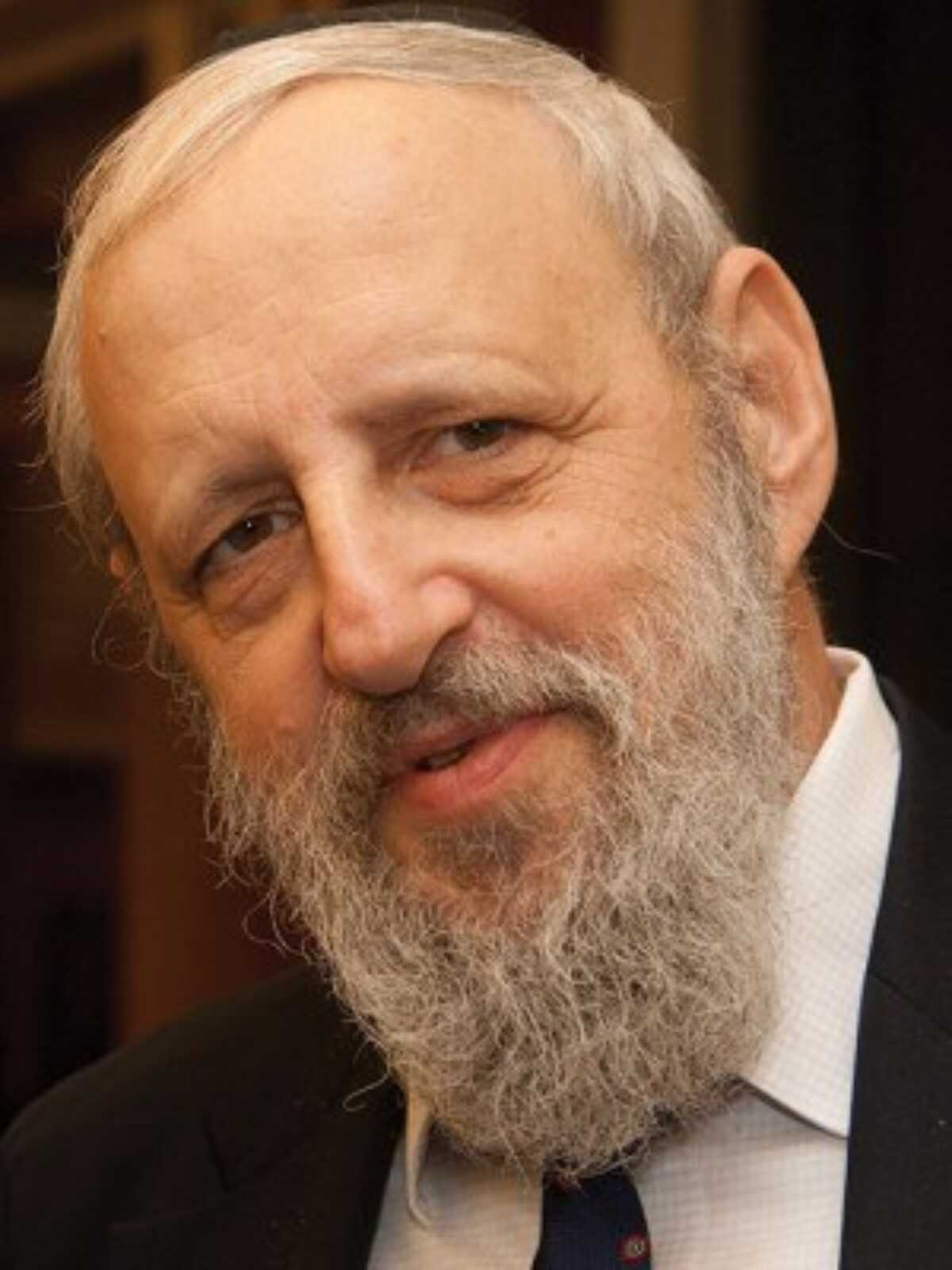Shoah survivor credits mother’s strength, luck
Child survivors participate in Yom HaShoah commemoration
April 26, 2017
Born in October 1942 and liberated in April of 1945, Joseph Polak wasn’t even 3 years old when World War II ended, too young to remember what it was like to be a child during the Holocaust.
But his body remembers, even today as he is nearing 75. “I get kinetic feelings — sometimes cold, sometimes a metallic gray feeling. It’s not easy to put into words, but when it happens I know exactly what it is,” the Boston-area resident told NJJN in a phone interview.
Polak, a rabbi and author, will be the keynote speaker at a Yom HaShoah commemoration and will tell his family’s tale to a local New Jersey audience. The program, hosted by the Center for Holocaust, Human Rights and Genocide Education (Chhange) on April 21, will also feature remarks by Susan Antman, executive vice president of The Jewish Federation in the Heart of New Jersey; a candle-lighting ceremony at which survivors will be accompanied by volunteer U.S. Navy personnel from the Naval Weapons Station at nearby Earle; and a musical presentation by the Marlboro High School Choir and Instrumental Quartet.
The Nazis initially sent the Polaks, of the Netherlands, along with about 80 percent of the country’s Jewish population, not to a death camp, but to a transit camp, Westerbork. He said that conditions at Westerbork were somewhat decent.
“Prisoners even wore their own clothing, albeit with a prominent yellow star,” said Polak. Because, as he noted, “the Germans wanted us to go gently into the night,” privations and physical punishment were introduced gradually.
The family was transferred to Bergen-Belsen in northern Germany. During the last few days before the war’s end when the Nazis were trying to empty the camps before Allied troops arrived, the Polaks were among three trainloads of prisoners sent southeast to Theresienstadt in the former Czechoslovakia. Picking their way through a battered, bombed-out landscape, with few stretches of usable track, two of the trains made it to the camp.
The Polak family was on the train that became known as “the lost transport” — it never arrived. It had departed Bergen-Belsen on April 9, and reached its final destination, Tröbitz in eastern Germany near the Polish border, April 23. It had taken a full two weeks to travel a distance of about 220 miles that can now be covered in under five hours by car and about seven hours by train. Allied planes bombed the train, believing it to be carrying German soldiers. Typhus raged throughout the journey. Food and water were scarce and sanitation was non-existent.
“I was a baby on that train,” said Polak. “Both of my parents were sick with typhus, and my father died shortly after we reached Tröbitz. My mother was so ill that she was expected to die.”
They had started out with 2,500 on board, but fewer than 1,900 were alive when they were “finally freed by Cossacks. While we were on the move, Bergen-Belsen was liberated on April 15,” he said.
Polak, whose autobiography, “After the Holocaust the Bells Still Ring,” won the 2015 National Jewish Book Award, said that the close of the war did not end the ordeal for him and other children victimized by the Holocaust.
Because his mother was so ill, he was assigned to another Jewish family and earmarked for eventual adoption. When his mother recovered sufficiently, she retained a lawyer and began searching for him. It took several months before they were reunited. For three years, they lived at a center for survivors in The Hague, his mother still too restricted by her health to seek work.
In 1948, they settled in Montreal, where Polak’s mother had relatives. He attended school there, earning ordination from the Rabbinical College of Canada. “My first job was as a chaplain at Ohio University in Athens. I later moved over to Boston University, where I served 43 years as rabbi at the Florence and Chafetz Hillel House,” he said.
Polak said his mother was not a source of information for his book. “She was willing to talk about our experiences, many of which I was too young to remember, but I wasn’t willing to listen. And she died when I was still in my 40s.” He told NJJN he started to explore his past only when he reached his 50th birthday, observing that 50 is a typical age when survivors’ children are ready to hear about the horrors of the past.
Milan Schwartz, of Ocean Township, is almost the same age as Polak and is one of the scheduled candlelighters at the Yom HaShoah commemoration. He was also imprisoned at Bergen-Belsen. “The odds of surviving for infants our age were very low. My mother had to leave us in the barracks, unprotected, every day not knowing if she would find us upon her return,” he said in a phone interview. “I owe my survival to the strength of my mother, and some luck.”
Susan Antman said her talk would focus on one simple act: yizkor, remember. “Today, as the number of Shoah survivors sadly declines, the duty of remembrance falls on our generation and on future generations,” she said. “We must talk about the Holocaust to each other and our children — to carry the memories forward so lessons of the past will help ensure the basis of our future.”

Though not yet 3 when World War II ended, Rabbi Joseph Polak says his body remembers the horrors.
Photo Credit Murad Taqqu